Families are intricate webs of relationships, each thread woven together to form a unique and complex tapestry. Understanding family dynamics is akin to unraveling this tapestry, delving into the intricacies of interactions, roles, and patterns that shape familial relationships.






